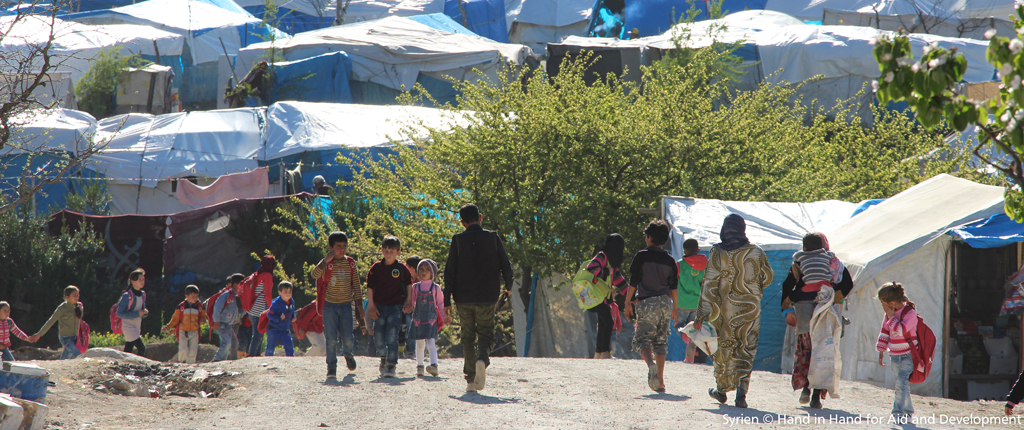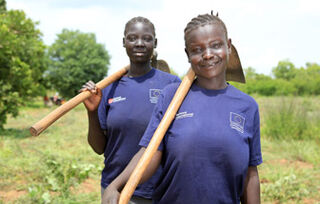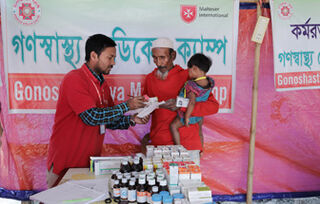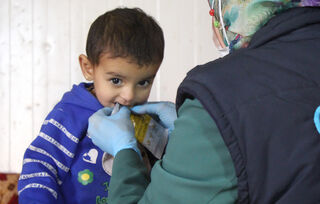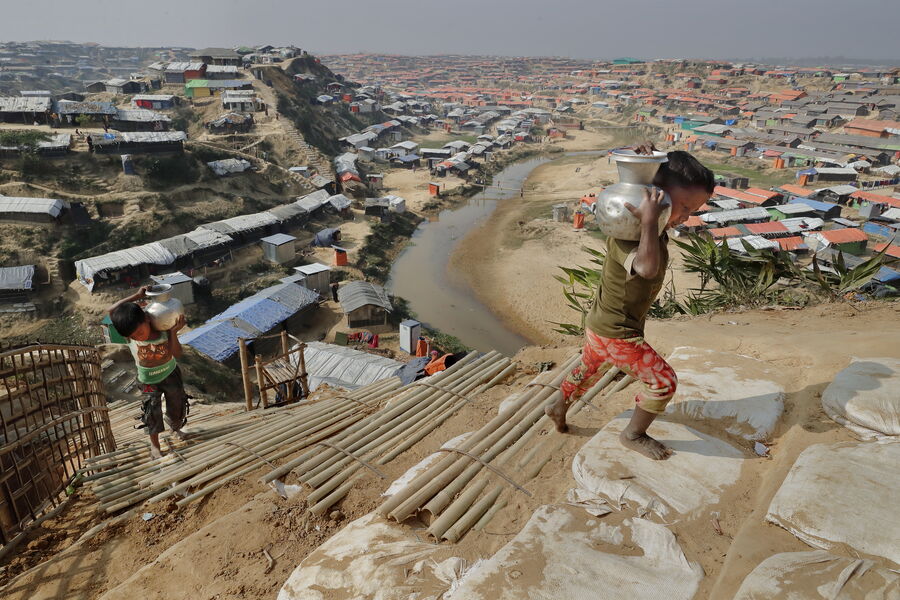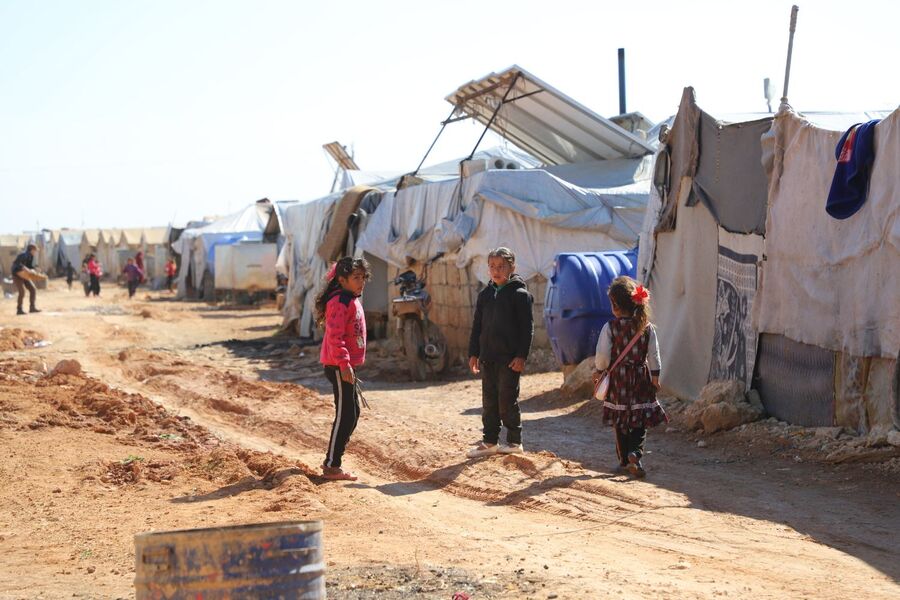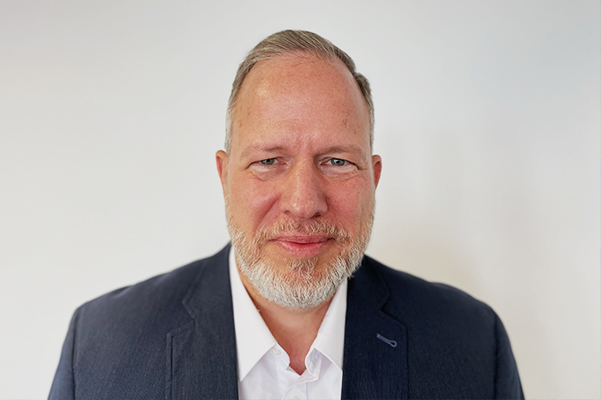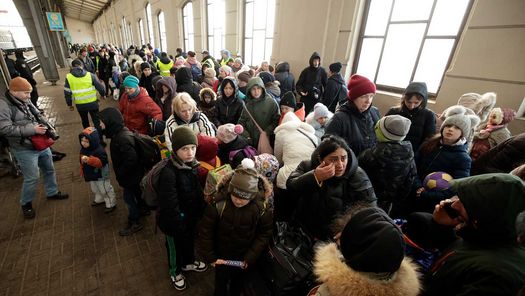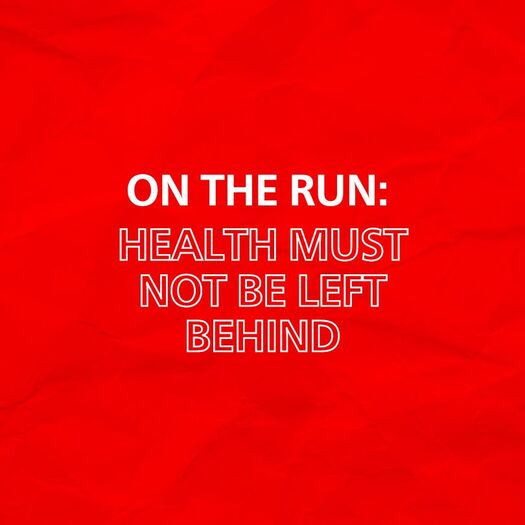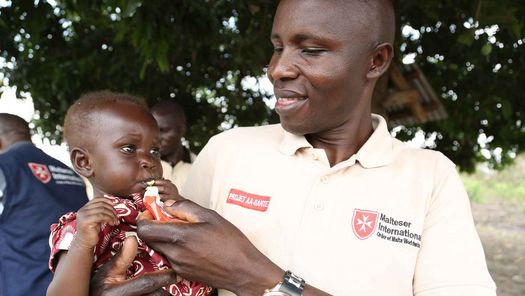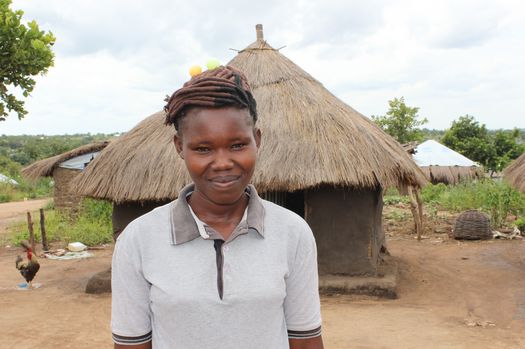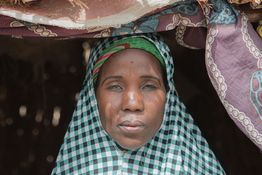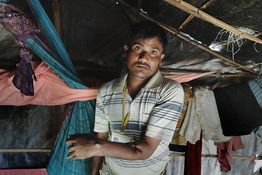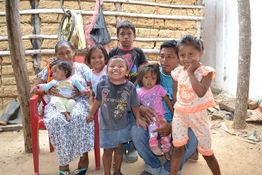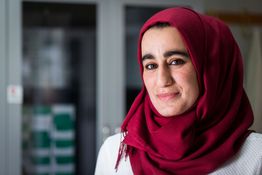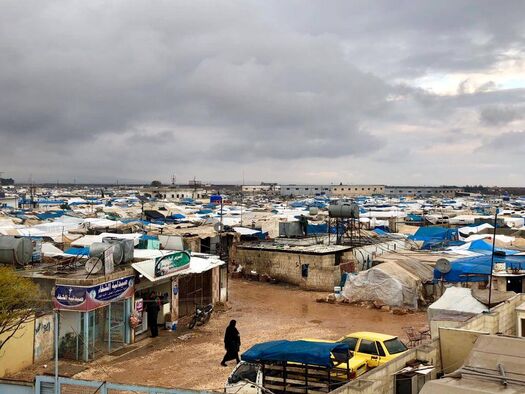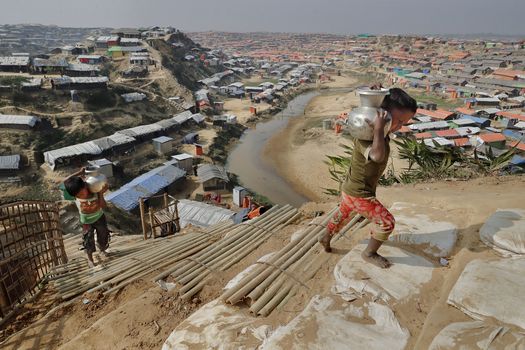In countries such as Bangladesh and Thailand, for example, we focus on providing healthcare for refugees, particularly mother and child health in refugee camps. We offer similar services in Pakistan and Afghanistan, also outside the refugee camps. Pakistan is one of the five largest host countries for refugees worldwide. We have established basic health stations, where we provide medical staff, equipment and medicine. Since summer 2012, we have been working with local partners to provide cross-border medical aid for Syrian people affected by the war - both for displaced people within Syria who are unable or unwilling to leave the country and for those Syrians who have fled to neighboring Türkiye and Lebanon.
In Ukraine, together with the Order of Malta network, we also provided emergency relief at the borders during the large refugee movements at the beginning of the invasion by Russia, for example in the form of psychosocial support for internally displaced persons and by providing initial medical care in neighboring countries. Two years after the escalation of the war, we continue to support internally displaced persons in Ukraine. In Colombia, our refugee support includes culturally sensitive health and nutritional care as well as psychosocial support – with a focus on particularly vulnerable population groups, such as the indigenous Wayuu and refugees from Venezuela as well as returnees. In Uganda, our focus includes promoting peaceful coexistence between refugees and the Ugandan population. Additionally, we support the South Sudanese refugees in Uganda with specific measures to strengthen their resilience, for example in the form of education in the areas of health, water and hygiene (WASH) and with training programs for young people. Malteser International also provides refugee support in South Sudan, Nigeria, Lebanon, north-west Syria and Türkiye - where we are also working to improve the living conditions of refugees and displaced persons with a wide range of measures.

